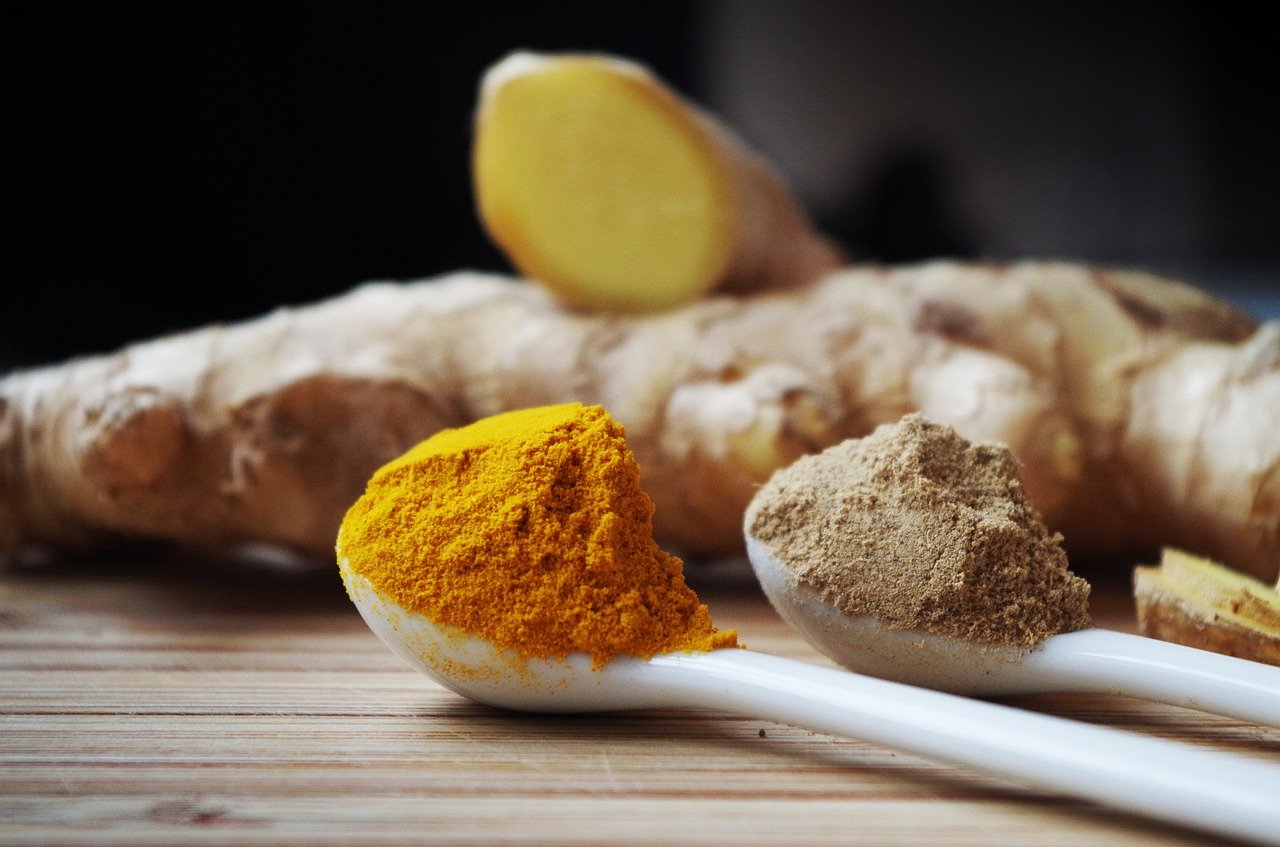In March 2020 researchers from Iran published the results of their study to assess the effect of turmeric extract, black pepper, and ginger, all taken at the same time, on prostaglandin E2 levels in individuals with chronic knee osteoarthritis and compared the results with Naproxen. It is known that prostaglandin E2 is found at high concentrations in inflammatory foci, and plays a complex role in inflammation. It therefore contributes to the progression of osteoarthritis. The researchers stated that an effective ingredient in turmeric has anti- inflammatory properties and plays an important role in protecting the joints against destructive factors. In addition, it is thought that substances found in ginger and black pepper, gingerols and piperine, may potentially increase and sustain the effect of curcumin in this respect. A total of 60 individuals, with Grade 2 and Grade 3 knee osteoarthritis, were involved in the study. Each individual received either daily turmeric extract, ginger, and black pepper, taken together, or a Naproxen capsule for a period of 4 weeks. Levels of prostaglandin E2 were assess both and after the 4 week period. Results showed that the prostaglandin E2 levels decreased significantly in both groups, with no significant differences being seen between the two groups. The researchers therefore concluded that the intake of the selected herbs twice a day for a period of 4 weeks may improve the prostaglandin E2 levels in individuals with chronic knee osteoarthritis, and produced results that were similar to Naproxen.
Heidari-Beni M et al. Herbal Formulation “Turmeric Extract, Black Pepper, and Ginger” Versus Naproxen for Chronic Knee Osteoarthritis: A Randomized, Double-Blind, Controlled Clinical Trial. Phytother Res . 2020 Mar 16. [Epub ahead of print]

